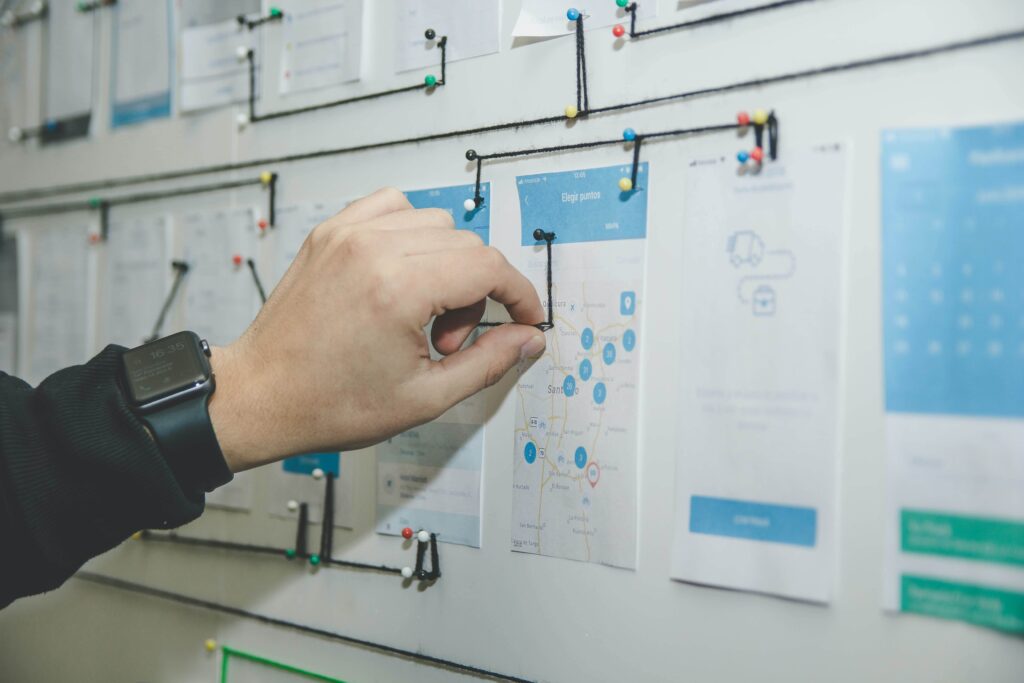
Almost every business globally has a guide of standard operating procedures, especially restaurant businesses. If you run any type of food establishment, you and your employees run through hundreds, if not thousands, of standard operating procedures (SOPs) daily.
There are SOPs all over a restaurant that cover tasks big and small. From how to heat an oven to how to wash your hands correctly, or even how to set up your sinks to be able to clean and sanitize dishes correctly, SOPs ensure that every piece of your business runs smoothly and to standard.
What Makes a Good SOP Document?
It does not matter what industry you are in; a good SOP is a good SOP. Several factors go into having good and effective ones for your business. To start, it is essential to word any Standard Operating Procedure clearly to make it easy to read. It is necessary to be clear in this sort of technical documentation. This way, both current employees and new hires will be able to adopt the SOPs efficiently.
Another factor to consider is always being short and straight to the point. This process reduces confusion, leading to fewer mistakes due to overly complex directions. Keep it short and simple, and your investment will pay dividends.
How is a Good Standard Operating Procedures Document Made?
It is important to make excellent and concise steps for SOPs. Further, it is imperative to know these steps, as being able to act with this knowledge can make or break the SOP’s practicality for your business:
- Start With the End: You should start writing your SOP with the end in mind. Writing an SOP in the restaurant industry often means ensuring cleanliness is one of the goals. Thus, for example, you should include SOPs regarding sanitation practices.
- Format Matters: Three Types of SOPs
- Simple Step: You use this format when the procedures you want to be done are short and easy. It is best used for numbered or bulleted lists.
- Hierarchical Steps: You use this format when the procedure has multiple steps and needs more explanation under a step, such as a sub-bullet to the main instructions. One example is the entire cleaning procedure for soda nozzles at the end of the night. You do not just remove them; you must take other, smaller steps to clean them after removal.
- Flowchart: This format is used when there are multiple outcomes to the steps you are trying to achieve.
-
Ask for Input: When making any SOP, you always want another set of eyes on it for feedback to ensure that all directions are clear and well-explained. You could even ask for input from the employees themselves. This can be especially helpful because you want to ensure that what is being written makes sense to them.
-
Who is Your Audience? For SOPs, knowing your audience is essential. Some questions you can ask yourself about the audience are as simple as ‘Do they have prior knowledge or experience?’ If they do, that’s good, but you should always be mindful of those who may not. Another question is, ‘Are they new?’ This might be the most important question! When bringing on new employees, the SOPs are how they will learn how your restaurant operates. Will multiple people be doing the same SOPs? Do you want to assign specific tasks within the SOP to certain people doing them? These are all key questions to answer.
-
Write It: The next step is to write the SOP and include the following in it:
- Title Page
- Table of contents
- Specific procedures
-
Review, Test, Edit: The last significant step to a Standard Operating Procedure document is to review and test the SOPs in the environment they are meant for. These tests can help identify failures, misunderstandings, and questions, which allow you to edit the SOPs if they need more work in practical application.

How Do SOPs Influence Restaurant Business?
Standard operating procedures are critical to any restaurant business. You and your employees will do countless procedures utilizing them, from making a sauce the same way every time to keeping employees’ hands clean when they handle food.
It is crucial to have repeat customers, as this is what drives your business’s success. The Harvard Business School has reported that a one-star increase on a review site such as Yelp can help your revenue by up to nine percent. With the digital age in full swing, the importance of online reviews is at the forefront of a successful restaurant. Having well-written SOPs, especially with the aid of a technical writer, can promote success.
Ensuring you align with state and local health laws is important; having an effective SOP can help here, too. To ensure compliance, you can create a checklist for meal prep, sanitation, customer service, and restaurant maintenance that aligns with the aforementioned laws.
What Are the Benefits of a Good SOP?
Having a good SOP can help with onboarding new employees. It can help streamline the process from training them on every detail of a Point of Sale system to how to make every menu item. It will also help improve employee communication with management. With the ever-changing COVID-19 guidelines, an open communication line is essential.
Lastly, SOPs prioritize cleanliness and personal hygiene. For example, nobody wants to go to a dirty restaurant operated by employees who are not clean. Also, to reduce foodborne illnesses, sanitation should be thorough and standardized. Front-of-house staff should know to always wipe down counters and clean utensils, and, most importantly, all staff should know the proper procedure for washing their hands.
When it comes to being in the restaurant business, having a good Standard Operating Procedure document for your restaurant is a must-have. In order to guarantee the same experience for all customers, SOPs ensure consistent business and customer service. These documents help with the cleanliness of your establishment, getting new employees up to speed fast, and thus effectively running your business. A tech writer can help you prepare this document at the highest level of quality.
Whether you need a single technical writer for a brief project or a team of consultants to produce a complete line of documentation, the quality of our work is guaranteed for you. Our clients work closely with an Engagement Manager from one of our 30 local offices for the entire length of your project at no additional cost. Contact us at (800) 221-0093 or [email protected] to get started.
